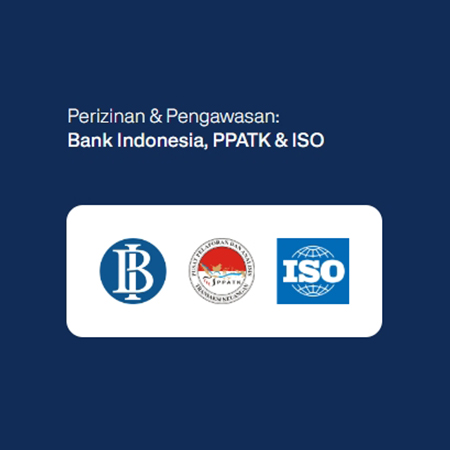
The phrase “impact investing” was invented in 2007, but the practice existed for many years before that. One fundamental purpose is to assist in reducing the harmful consequences of corporate activities on the social environment. As a result, impact investment is frequently regarded as an extension of charity.
Before becoming associated with a firm, investors that utilize impact investing as a strategy assess its commitment to corporate social responsibility (CSR). Another way is by the sense of obligation to positively assist society as a whole.
The sort of impact that may result from impact investing differs depending on the industry and the individual firm within that industry. But some frequent examples include giving back to the community by assisting those in need or investing in sustainable energy methods. For more details about impact investing, see the following paragraphs.
The Definition of Impact Investing
Impact investing refers to investments made in companies, organizations, and funds. It has the goal of producing a measurable, positive social or environmental impact in addition to a financial return. It is fundamentally about aligning an investor’s ideas and values with the deployment of cash to address social and or environmental challenges.
Impact investors actively seek to invest in companies, charities, and funds in sectors such as renewable energy, housing, healthcare, education, microfinance, and sustainable agriculture. Institutional investors, such as pension funds and endowments, have been instrumental in the growth of impact investment.
It happens across a variety of asset sectors, including private equity or venture capital, debt, and fixed income. It can be produced in either emerging or mature markets, depending on the investor’s objectives.

Types of Impact Investing
There are several types of impact investing carried out by business people according to their respective goals. Generally, this type of investment focuses both on returns to society, health, education, and so on. So that this goal will distinguish what kind of impactful investment actions are carried out. In general, here are the types of impact investing that are often chosen.
Environmental, Social, and Governance Considerations (ESG)
Environmental, Social, and Governance (ESG) refer to an investment’s practices that may have a meaningful influence on its performance. ESG elements are used to supplement standard financial research by highlighting possible hazards and opportunities that go beyond technical assessments. While social concern is present, the primary goal of ESG value is financial performance.
See Video How To Easily Send Money International with Transfez
Investing with a Social Conscience (SRI)
Socially Responsible Investing (SRI) goes beyond ESG by deliberately avoiding or selecting assets based on particular ethical principles. Religion, personal ideals, or political ideas might be the underlying motivation. Unlike ESG research, which changes values, SRI applies ESG considerations to the investing universe to impose negative or positive screening.
Education Foundation
The next type of impact investing is the Education Foundation which was established as a form of concern for the world of education. It is very common for business people to be engaged in education. Because this is not solely for business but to improve the level of education in the area. Therefore, many business people finally decide to give their investment in the field of education. With the hope of being able to support the creation of a generation in the future that is better than today.
Send Money Easily to Different Countries
How to Send Money to Hong kong
How to Send Money to China
How to Send Money to Malaysia
How to Send Money to Japan
How Impact Investing Works
Looking at the information provided above, of course, many are curious about what impact investing looks like. Or how exactly is the mechanism of the investment running? Because if generally investment leads to business profits, but this investment is different from the general one just now.
Impact investing is a type of investing that prioritizes a clear and good impact. Whether in a form of social, environmental, health, education, and many more. This is over financial return expectations from the investor. Therefore, it works not only to give profit but to result in a good thing for communities.
Retail investors frequently engage in impact investing through professionally managed funds. It can be performed via a mutual fund. But, direct investment in impact-oriented projects or even microfinance efforts is also widespread among certified investors.
Impact strategies in venture capital and private equity play a crucial role across sectors and regions. However, the structure of private investing is restrictive, with limited scalability and access to such investments for most investors. By creating impact and contributing at the investor, corporate, and asset class levels, public equity markets play a growing and vital role in the impact ecosystem.
Download Transfez App
Transfez App can help you transfer money abroad more quickly and efficiently. Transfez Business can also help your business in making transactions abroad. For those of you who want to send money to relatives who are abroad because they are studying, working, or traveling, Transfez will be ready to help. This app is available on Android as well as iOS.
Closing and Conclusions
Impact investing is a breakthrough and actions are made not just because of business. But it has a deeper meaning than that. Where later the investment invested is expected to be able to have a big impact. Both in terms of health, education, social, community, and so on. This impact is far more important than ensuring that the investment will bring results in the form of financial returns.
Therefore, it is not surprising that the role of this is quite important. Thanks to the awareness to do impact investing, of course, this triggers the creation of a world that will also be better in the future. So that businesses do not always take advantage, but can also provide results that have a good impact on others and the environment.








